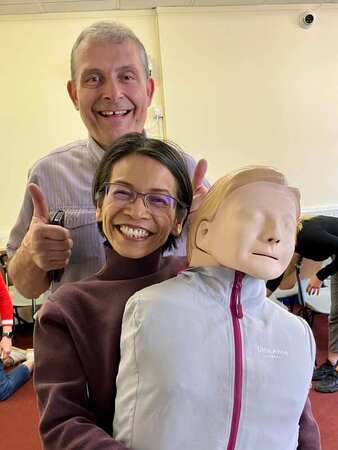
Alex himself is an acupuncturist and was a paramedic before that, so he knows what he's talking about. Sometimes what they say in books can be different in reality. For instance, it is incredibly hard work to give effective chest compressions to someone with a large build because you have to push down by about a third of the body depth. First aid rules have also been revised with the Covid pandemic in mind. We don't need to do rescue breaths if we don't have a mouth cover or a pocket mask to put on the patient. Chest compressions alone are still effective, especially for the first 3-4 minutes after someone stops breathing.
The course also encourages us to teach our family basic first aid skills. After all, it might be me doing the fainting and needing a first aider at home!
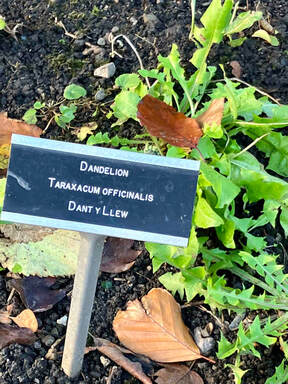
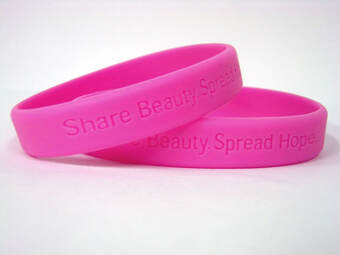
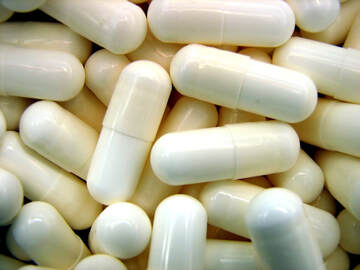

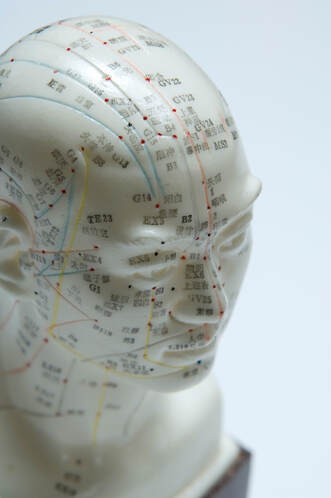
 RSS Feed
RSS Feed